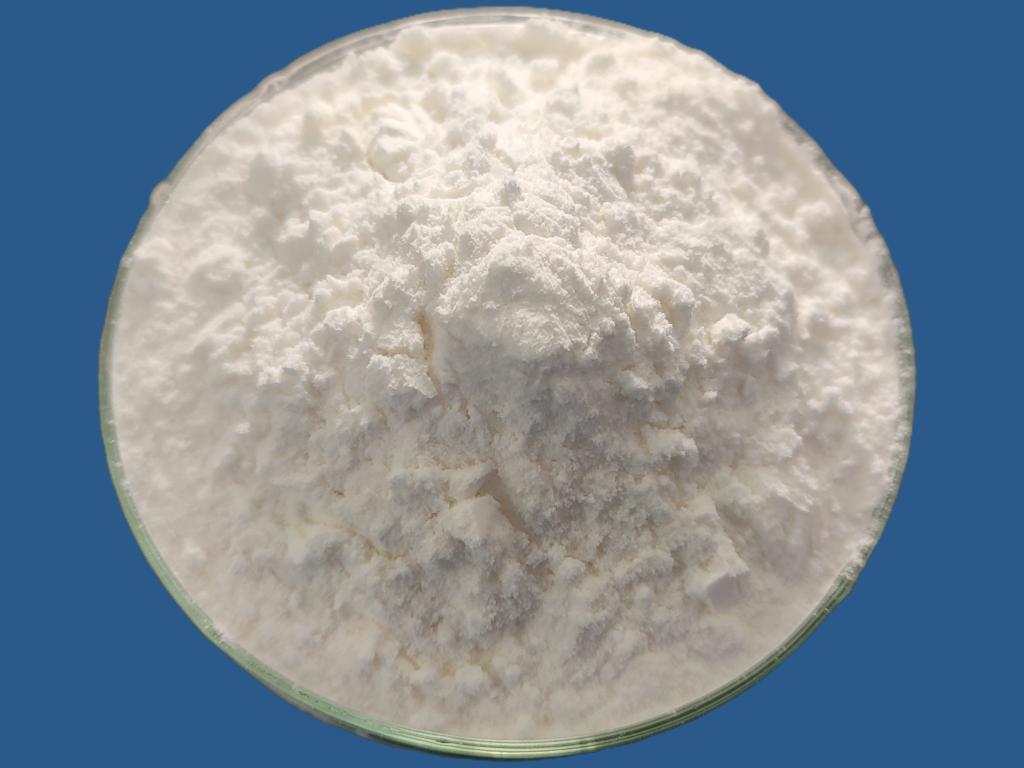Tel:+8618231198596

News
 CONTACT
CONTACT
 CONTACT
CONTACT
- Linkman:Linda Yao
- Tel: +8618231198596
- Email:linda.yao@dcpharma.cn
- Linkman:CHARLES.WANG
- Department:Overseas
- Tel: 0086 0311-85537378 0086 0311-85539701
News
Eco Friendly Solutions in Personal Care Products: The Role of ε-Polylysine Hydrochloride
TIME:2024-03-08
Introduction:
The rising awareness of environmental sustainability is driving consumers to seek eco-friendly alternatives in personal care products. This article introduces the concept of eco-friendly solutions in personal care and explores the potential of ε-polylysine hydrochloride as a game-changing ingredient in the quest for sustainable beauty and hygiene.
The Need for Eco-Friendly Personal Care:
An overview of the environmental challenges associated with conventional personal care products sets the stage for the discussion. From chemical pollution to packaging waste, this section outlines the pressing need for sustainable alternatives in the personal care industry.
Understanding ε-Polylysine Hydrochloride:
This section provides an in-depth exploration of ε-polylysine hydrochloride, elucidating its properties, natural origin, and mechanisms of action. A comprehensive understanding of this unique compound is essential to appreciate its potential role in eco-friendly personal care products.
Antibacterial Properties in Personal Care:
One of the significant attributes of ε-polylysine hydrochloride is its antimicrobial properties. This section delves into how these properties make it an effective and sustainable alternative to conventional antibacterial agents in personal care products, contributing to hygiene without compromising environmental responsibility.
Preservation of Formulations:
Preservatives play a crucial role in personal care products to extend shelf life and prevent microbial contamination. This section explores how ε-polylysine hydrochloride serves as an eco-friendly preservative, maintaining the stability and safety of formulations without resorting to traditional chemical additives.
Applications in Skin Care:
Skin care products form a substantial portion of the personal care industry. This section discusses how ε-polylysine hydrochloride can be integrated into skin care formulations, offering natural antimicrobial benefits while aligning with the growing consumer preference for clean and sustainable beauty.
Hair Care and Hygiene Products:
The versatility of ε-polylysine hydrochloride extends to hair care and hygiene products. From shampoos to soaps, this section explores how incorporating ε-polylysine hydrochloride enhances the effectiveness of these products while reducing the environmental impact associated with traditional preservatives.
Compatibility with Natural Ingredients:
Consumer preferences for natural and clean beauty products are on the rise. This section discusses how ε-polylysine hydrochloride aligns with the trend towards using natural ingredients, offering formulators a versatile tool to create effective and environmentally friendly personal care formulations.
Biodegradability and Environmental Impact:
Eco-friendly personal care products must also consider their impact on the environment after use. This section examines the biodegradability of ε-polylysine hydrochloride and its potential to contribute to reducing the environmental footprint of personal care products.
Regulatory Considerations:
Navigating the regulatory landscape is crucial for the successful integration of ε-polylysine hydrochloride into personal care products. This section discusses existing regulations and guidelines, emphasizing the importance of clear standards to ensure the safe and responsible use of this innovative ingredient.
Consumer Perception and Marketing:
Consumer perception plays a vital role in the success of eco-friendly personal care products. This section explores studies and surveys related to consumer attitudes towards products containing ε-polylysine hydrochloride, highlighting the potential for positive marketing strategies centered around sustainability and efficacy.
Challenges and Innovations:
While ε-polylysine hydrochloride presents a promising solution, challenges such as cost, stability, and formulation compatibility need to be addressed. This section examines ongoing research and potential innovations, emphasizing the need for continued collaboration between researchers, industry stakeholders, and regulatory bodies.
Future Directions:
As the personal care industry evolves, this section explores potential future directions and innovations in the use of ε-polylysine hydrochloride. From advanced delivery systems to tailored formulations for specific applications, the continuous development of ε-polylysine hydrochloride promises to refine and expand its impact on sustainable personal care.
Conclusion:
In conclusion, ε-polylysine hydrochloride stands at the forefront of eco-friendly solutions in personal care products. From its natural antimicrobial properties to its compatibility with clean beauty trends, this article provides a comprehensive overview of how ε-polylysine hydrochloride is shaping the landscape of sustainable personal care. As consumers increasingly prioritize environmental responsibility, the integration of this versatile compound into personal care formulations signals a positive step towards a greener and more sustainable future for the beauty and hygiene industry.
- Tel:+8618231198596
- Whatsapp:18231198596
- Chat With Skype







